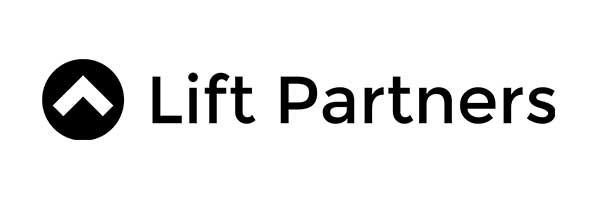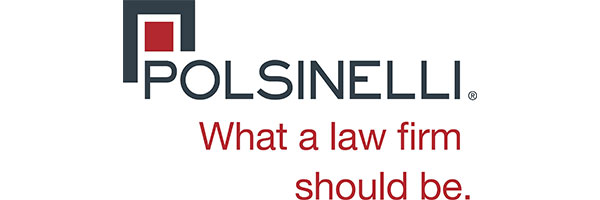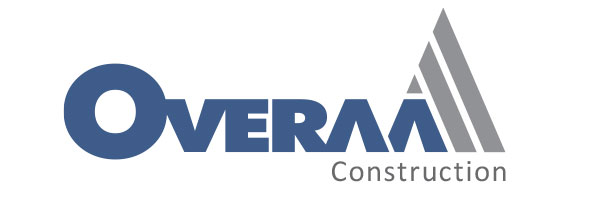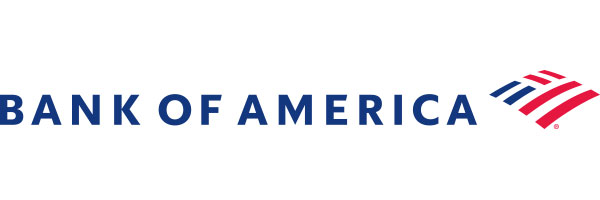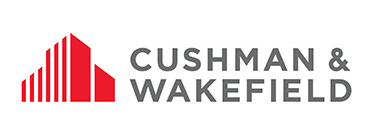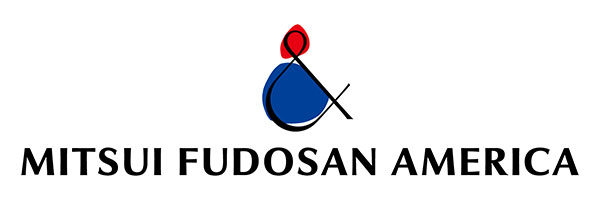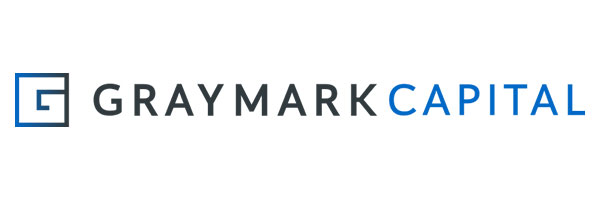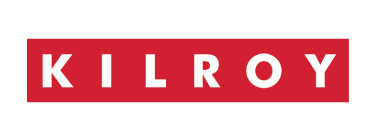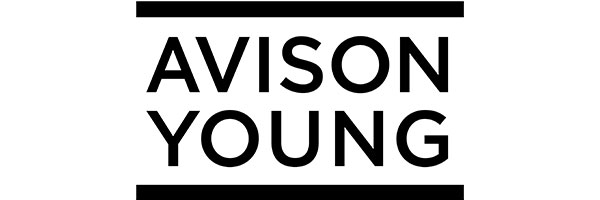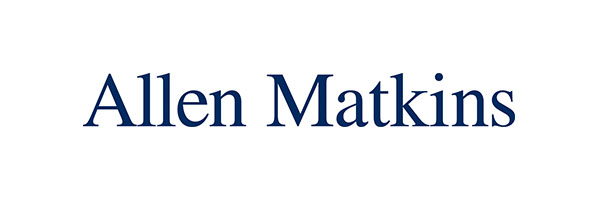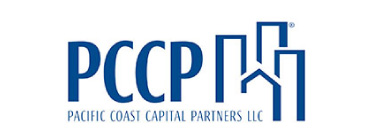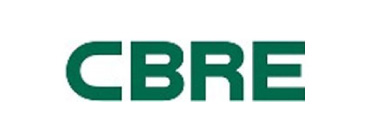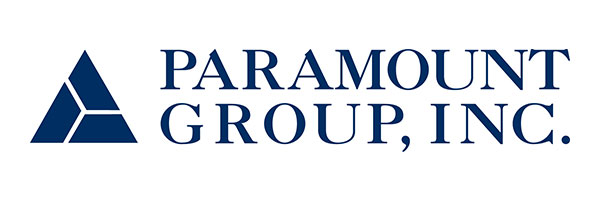CBPA's California Legislative Update 10/09/2020
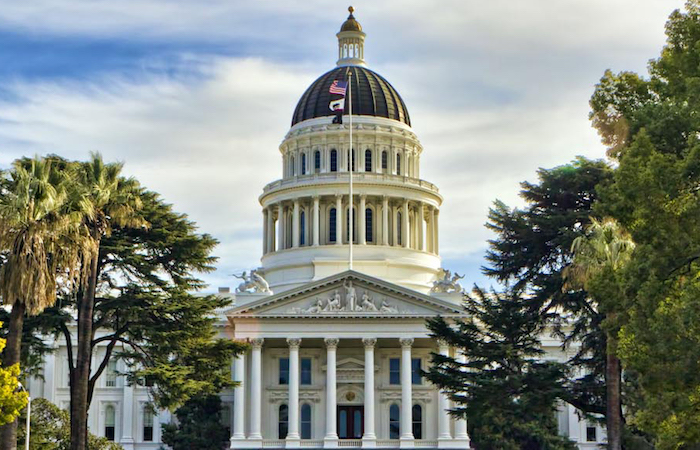
- PROPOSITIONS IN NOVEMBER
- TENANT AND LANDLORD RESOURCES WEBSITE
- SBA PROPOSES SMALL BUSINESS SIZE STANDARD REVISIONS
- PRIORITY BILLS SIGNED BY THE GOVERNOR
- PRIORITY BILLS VETOED BY THE GOVERNOR
- AGENCIES CONSIDERING UPDATE TO EV CHARGING REGULATIONS
- CBPA 2020 CALENDAR
PROPOSITIONS IN NOVEMBER
There are a lot of propositions on the ballot, but here are the two we care about most:
Prop 15 – Split Roll Property Tax – VOTE NO!
Prop 21 – Statewide Rent Control – VOTE NO!
Please help us defeat split roll property tax and statewide rent control by voting NO on these measures. Encourage everyone you know to do the same!
TENANT AND LANDLORD RESOURCES WEBSITE
As part of the ongoing COVID-19 pandemic the State of California has launched a website to assist both tenants and landlords about the many issues related to recent protections and responsibilities enacted by the Legislature and/or the Governor via Executive Order. These rules are focused on residential, but since many of our members do both commercial and residential wanted to make sure you were aware of this resource. Click here to review.
SBA PROPOSES SMALL BUSINESS SIZE STANDARD REVISIONS
The following comes from the Small Business Administration that is seeking input on defining what a small business is. A large majority of our members are small businesses under the current definitions and real estate as a whole has many small business people active and engaged. Make sure you understand what is happening on this:
The U.S. Small Business Administration is seeking public comments on two proposed rules that would revise the small business size standards for businesses in eight North American Industrial Classification System (NAICS) sectors to increase small business eligibility for SBA’s loan and contracting programs.
The NAICS sectors reviewed in the first proposed rule are: Agriculture, Forestry, Fishing, and Hunting; Mining, Quarrying, and Oil and Gas Extraction; Utilities; and Construction. The NAICS sectors reviewed in the second proposed rule are: Transportation and Warehousing; Information; Finance and Insurance; and Real Estate and Rental and Leasing. The SBA proposes to increase size standards for 113 industries in those sectors. The following table includes the number of industries reviewed and the number of industries with proposed increases in size standards by NAICS sector. This is the first time the SBA established size standards for all agricultural enterprises as other industries, as required by the National Defense Authorization Act of Fiscal Year 2017.
The SBA estimates that more than 50,000 additional firms in these eight sectors will become eligible for SBA’s programs under the revised size standards, if adopted. The revised asset-based size standards would allow about 280 additional financial institutions to qualify as small.
The proposed rules are part of a five-year comprehensive review of small business size standards, as required under the Small Business Jobs Act of 2010. The proposed revisions reflect changes in the industry and federal marketplace conditions and the SBA’s policy position under the current economic situation due to the COVID-19 pandemic. In response to the pandemic, the SBA is retaining current size standards where data suggests that size standards should be lowered.
Click here to access all the information about this issue.
PRIORITY BILLS SIGNED BY THE GOVERNOR
|
Planning and zoning: annual report: housing development: streamlined approvals. |
NEUTRAL (AMENDS TAKEN) |
|
|
Housing financing programs: uniform procedures. |
SUPPORT |
|
|
COVID-19: imminent hazard to employees: exposure: notification: serious violations. |
OPPOSE |
|
|
California Consumer Privacy Act of 2018. |
SUPPORT |
|
|
General plans: housing element: moderate-income and above moderate-income housing: suburban and metropolitan jurisdictions. |
NEUTRAL |
|
|
Energy: transportation electrification: energy efficiency programs: School Energy Efficiency Stimulus Program. |
NEUTRAL (AMENDS TAKEN) |
|
|
Privacy: California Consumer Privacy Act of 2018. |
OPPOSE |
|
|
Shared mobility devices: agreements. |
SUPPORT |
|
|
Planning and zoning: housing element and entitlement extensions. |
SUPPORT |
|
|
Unemployment insurance: work sharing plans. |
OPPOSE |
|
|
Employment violation complaints: requirements: time. |
OPPOSE |
|
|
Occupational safety and health: agricultural employers and employees: COVID-19 response. |
OPPOSE |
|
|
Public works. |
OPPOSE |
|
|
Employment practices: leave time. |
NEUTRAL (AMENDS TAKEN) |
|
|
Fire prevention: wildfire risk: defensible space: ember-resistant zones. |
SUPPORT |
|
|
Wages: enforcement. |
OPPOSE |
|
|
Tenancy: rental payment default: mortgage forbearance: state of emergency: COVID-19. |
NEUTRAL (AMENDS TAKEN – COMMERCIAL EXEMPTED) |
|
|
California Environmental Quality Act: exemptions: transportation-related projects. |
SUPPORT |
|
|
Employers: annual report: pay data. |
OPPOSE |
|
|
Residential property: foreclosure. |
OPPOSE |
|
|
Workers’ compensation: COVID-19: critical workers. |
OPPOSE |
|
|
Unlawful employment practice: California Family Rights Act. |
OPPOSE |
PRIORITY BILLS VETOED BY THE GOVERNOR
|
Unemployment compensation: benefits payable: collection. |
OPPOSE |
|
|
Medical test results: verification credentials. |
OPPOSE |
|
|
Unemployment: rehiring and retention: state of emergency. |
OPPOSE |
|
|
Local government: planning and zoning: wildfires. |
OPPOSE |
|
|
Employers: Labor Commissioner: required disclosures. |
OPPOSE |
AGENCIES CONSIDERING UPDATE TO EV CHARGING REGULATIONS
The Governor’s announcement on plans to prohibit the sale of new cars with internal combustion engines starting in 2035, means that auto manufacturers will only be offering Zero-Emission Vehicles for sale in California after 2034.
In an effort to ensure the availability of charging stations throughout the state, the Air Resources Board (ARB) is asking HCD and the Building Standards Commission to update their EV-Ready requirements for new non-residential and multi-family buildings to increase the percentage of EV-Ready parking spots to 15% of all available spots. Current standards in Cal Green require 10% of the parking spots have an empty conduit (plastic or metal pipe) connecting the parking lot with the electrical panel. Also, the electrical panel must have enough unused capacity (plug slots) to allow for the later installation of EV-charging stations (e.g.: “EV-Ready”).
And, for the first time, the ARB will be asking these agencies to mandate the installation of at least one fully-functioning, Level 2 EV-charging station in new multifamily and commercial buildings. This marks a significant departure from the EV-Ready policy for the past six years and raises the question: Who will pay for this? After all, the state would be mandating the installation of something that (1) may not see significant use for years and, more importantly, (2) provides a revenue stream for the local utility (not the building owner).
As of press time, ARB is not seeking any changes to the EV-ready requirements for single-family homes, as all new homes (100%) have been required to be EV-Ready since July of 2015.
We participated in a workshop earlier this week where these ideas were advance, but no details were yet released. Click here for information from that meeting.
CBPA 2020 CALENDAR
NOTE DUE TO THE COVID-19 PANDEMIC EVENTS ARE BEING ADJUSTED TO TELECONFERENCE OR PENDING SHELTER-IN-PLACE ORDERS BEING LIFTED
Thursday, November 5: CBPA Board Meeting – via Zoom
For more information on any of our events, please contact Melissa Stevens at 916-443-4676 or mstevens@cbpa.com.



